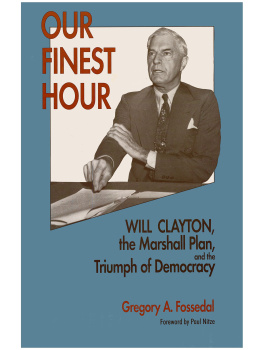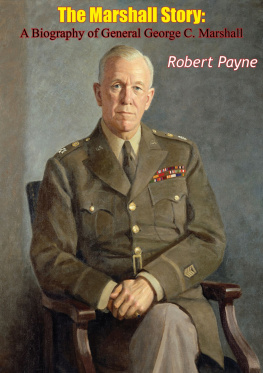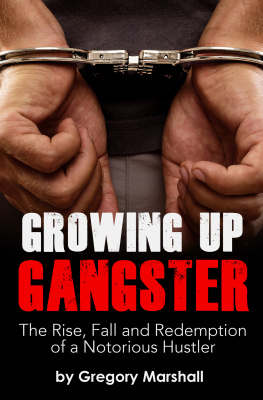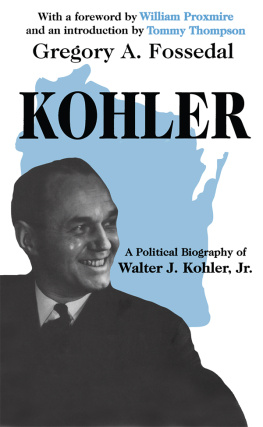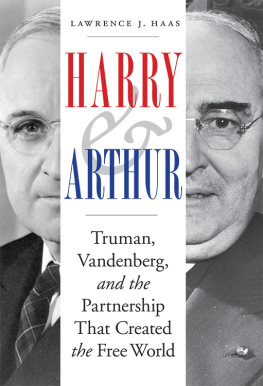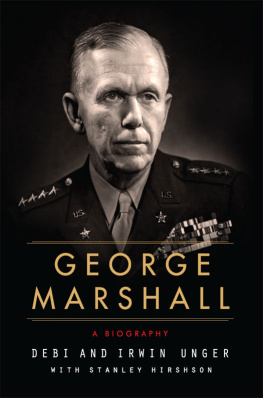Advance praise for Our Finest Hour
After World War II a remarkable set of Americans structured a generation of world prosperity. They forged economic and political institutions such as the Marshall Plan, the General Agreement on Tariffs and Trade and the Bretton Woods Monetary System. And instead of the depression many at the time predicted, both the industrial and developing worlds enjoyed more than two decades of the fastest growth of this century.
Here Gregory Fossedal tells the little-understood story of Will Clayton, one of the key players in this drama. His story is not only fascinating history, but ought to be instructive reading in an era of economic pessimism, suffused with a feeling that we have lost much of what Will Clayton and his colleagues gave us.
Robert L. Bartley,
Editor, Wall Street Journal
This is a timely, well-told story of one mans extraordinarily successful effort to shape a global, peacefully competitive economic community.
Senator Bill Bradley
An important addition to our understanding of modern history and particularly of the early phases of the Cold War... insightful and revealing.
Zbigniew Brzezinski
Will Clayton was an unswerving champion of global democratic capitalism. Fossedals study demonstrates democracy in actionthat ideas rule the world, and that we are obliged in these revolutionary times to export the American idea to the whole world as Mr. Clayton sought to do.
Jack Kemp
Fascinating.... The historical vacuum surrounding Clayton has been filled at long last by Gregory Fossedals account of his life in business and public affairs. Fossedal insists that Clayton was the architect and builder of U.S. economic foreign policy, partly during but mostly after World War II. The case is made with elaborate detail.... Fossedals account of the development of the Marshall Plan in the spring of 1947 is riveting.
Charles P. Kindleberger,
Professor of Economics Emeritus, M.I.T.
This is a fine book on the visionary Will Clayton, tough cotton-broker and diplomat who forged the historic GATT treaty to put world trade in order. Lovers of history, diplomacy and commerce will find much new and everything fascinating.
Georgie Anne Geyer
In an engaging and insightful style, Gregory Fossedal tells the story of Will Clayton, the unsung hero who helped build the global institutions of a new economic order after World War II. The book is so well written that the reader does not realize until completing it that he or she has learned all about the most complicated economic issues that continue to shape our world.
Robert Pastor,
Carter Center,
Emory University
Comments about Will Clayton
The principal architect of American postwar foreign policy.
Newsweek magazine
October 27, 1947
Recognized by many as the idea man behind the Marshall Plan after World War II.
New York Times
February 9, 1966
Up to now, Will Clayton is the Marshall Plan.
New York Times Magazine
October 24, 1947
Will Clayton was one of those rare public servants who was not only dedicated to the publics interest but had a world outlook in which he saw the position of the United States in relation and harmony to all nations.... History will inscribe his name in bold letters.
Harry S. Truman
February 15, 1966
Mr. Clayton had more to do than anyone else with shaping postwar economic policy for the rest of the world as well as for the United States. He was the driving force in a score of efforts to bring order out of chaos... a symbol of American constructive energy and faith in the future.
Editorial, New York Times
October 16, 1947
The first economist of the United States....
He was the first who took cognizance of the famous agreement of the sixteen Marshall Plan participants, and it was on his recommendations that the final version, now being studied in Washington before being sent to Congress, was drawn up.
It is, then, a little the Clayton Plan that is found to be up for consideration.
Editorial, LAurore
October 16, 1947
[Claytons] ideas and advice contributed richly to the development of new directions in international policy. Mobilization of our resources in two wars, planning on an international scale for emergency aid to the needy, and the marshaling of public support for the [Marshall Plan] owe much to his efforts.
John F. Kennedy,
January 25, 1962
I would call it the Clayton-Acheson-Truman plan.
Clark Clifford,
1989 interview for Our Finest Hour
Clayton was my boss, and he was the only fellow I respected in government.
Ambassador Paul Nitze,
1958 interview
Some others in the department, among them Acheson and Kennan, had arrived independently at approximately the same conclusion. But it was Claytons disturbing report to the President and Secretary Marshall that lighted a match under this intellectual broth and set it bubbling.
Cabell Phillips,
former New York Times reporter,
in The Truman Presidency
Except for details, 106 bilateral agreements are ready for incorporation into the General Agreement on Tariffs and Trade.
This vast project, which makes all previous international economic accords look puny, is the realization of Mr. Claytons dream: that a group of like-minded democratic nations could deliberately reverse the historical trend toward the strangulation of world trade....
It is the big step that nobody but Mr. Clayton and a few of his colleagues thought would ever be taken.
New York Times
October 15, 1947
The man whos most responsible for the Marshall Plan was William Clayton.
John W. Snyder,
secretary of the treasury, 19461953
Interview, March 15, 1980
The Hoover Institution on War, Revolution and Peace, founded at Stanford University in 1919 by President Herbert Hoover, is an interdisciplinary research center for advanced study on domestic and international affairs in the twentieth century.

